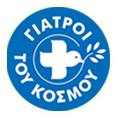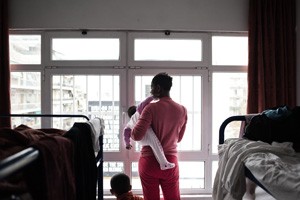Violence doesn’t discriminate
Violence against women is endemic and affects women both in developing and in developed countries. Violence can occur anywhere: in every region, every society and every culture. It can be committed by family members or within a particular social group, or can occur during armed conflicts. Rape has turned into an actual “weapon of war.”
The United Nations Declaration on the Elimination of Violence against Women, has identified five different forms of violence:
• physical violence
• sexual violence (rape, sexual harassment and exploitation)
• psychological violence
• economic and social violence (access to health care, education, work)
• harmful traditional practices (genital mutilation, forced marriage, selective abortion)
Silent victims
Violence may even lead to death as a result of homicide, suicide or serious injury. Moreover, there is stigma surrounding victims who often feel ashamed, especially when the violence is of a sexual nature. These women are often excluded from their community and sometimes even from their own family. Faced with this risk, many choose to keep silent about the abuse they experience.
Caring for victims
Care is the primary mission of MdM. Nevertheless, in such a fragile and complex environment, medical care is essential but not sufficient. Women affected by violence should be eligible for general care, which includes a friendly reception, counselling, legal assistance and support for smooth reintegration.
MdM is working closely with local organizations in order to ensure the best possible care and attention by offering every woman the opportunity of an integrated treatment and recovery.
Information and awareness
MDM take part in this ongoing battle against women’s violence with the help of local authorities and organizations. In addition to providing medical care, MDM intervene with actions of prevention and awareness of local communities but also exercise diplomatic pressure on the government.
Thanks to these different actions, MDM is trying to give local communities and residents the independence and ability to fight for themselves against violence against women.

